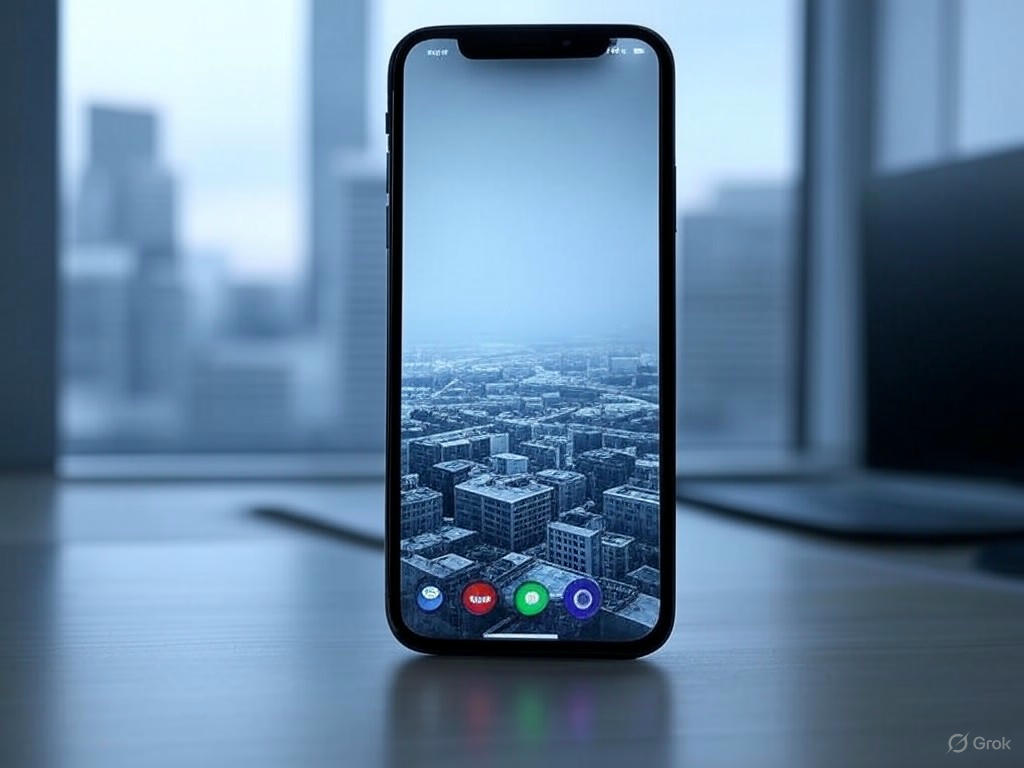Apple’s Siri Struggles: Will WWDC 2025 Deliver a Fix?
Apple’s virtual assistant, Siri, has long been a cornerstone of the company’s ecosystem, but its shortcomings in the rapidly evolving world of artificial intelligence are becoming impossible to ignore. As we approach WWDC 2025, the annual developer conference where Apple unveils its latest innovations, many are wondering if the tech giant will finally address Siri’s persistent issues. With competitors like Google Assistant and Amazon’s Alexa integrating more advanced AI capabilities, Apple’s once-pioneering assistant feels increasingly outdated, leaving users frustrated and analysts skeptical about its future.
Siri’s struggles are multifaceted. While it excels at basic tasks like setting reminders or sending texts, it often falters when handling complex queries or maintaining conversational flow. Unlike newer AI models that can understand nuanced language or provide detailed, context-aware responses, Siri frequently delivers generic answers or misunderstands intent altogether. This gap has become glaring as generative AI technologies, capable of crafting human-like interactions, dominate the tech landscape. Apple’s cautious approach to AI integration, prioritizing user privacy over rapid innovation, may be a contributing factor. While commendable, this stance has left Siri trailing behind rivals who’ve embraced cutting-edge advancements with less hesitation.
Rumors swirl about what WWDC 2025 might bring. Some speculate Apple could unveil a revamped Siri powered by a proprietary large language model, potentially rivaling the likes of ChatGPT. Others believe the company might announce deeper partnerships with third-party AI providers to bolster Siri’s capabilities without compromising its privacy-first ethos. However, leaks and insider reports suggest that Apple’s focus at the conference may lean more toward hardware updates and incremental software tweaks rather than a groundbreaking AI overhaul. If true, this would be a missed opportunity at a time when consumer expectations for intelligent, seamless digital assistants are at an all-time high.
Beyond technical limitations, Siri’s challenges reflect a broader question of Apple’s adaptability in the AI race. The company has historically thrived by perfecting existing technologies rather than inventing them outright. Yet, in a field where speed and innovation are paramount, Apple’s methodical pace might hinder its ability to reclaim leadership in the virtual assistant space. WWDC 2025 could serve as a pivotal moment to demonstrate that Apple is still a contender, but tempering expectations seems wise given the complexity of overhauling a system as deeply integrated as Siri.
As the tech world watches Apple’s next move, one thing is clear: Siri needs more than a superficial update to regain its edge. Whether WWDC 2025 marks the beginning of a bold new era for the assistant or simply underscores Apple’s cautious approach remains to be seen. For now, users and enthusiasts alike can only hope that Apple recognizes the urgency of the moment and delivers a solution that matches the brilliance of its iconic hardware. Until then, Siri’s stumbles serve as a reminder that even giants must evolve to stay relevant in an ever-changing digital landscape.


